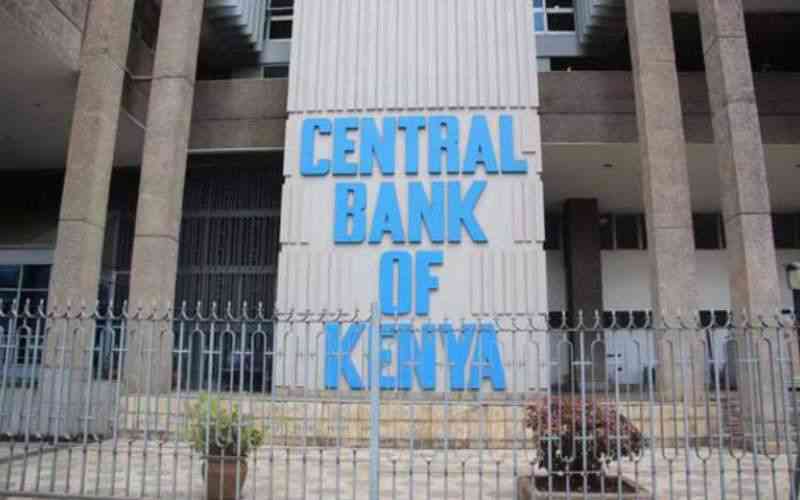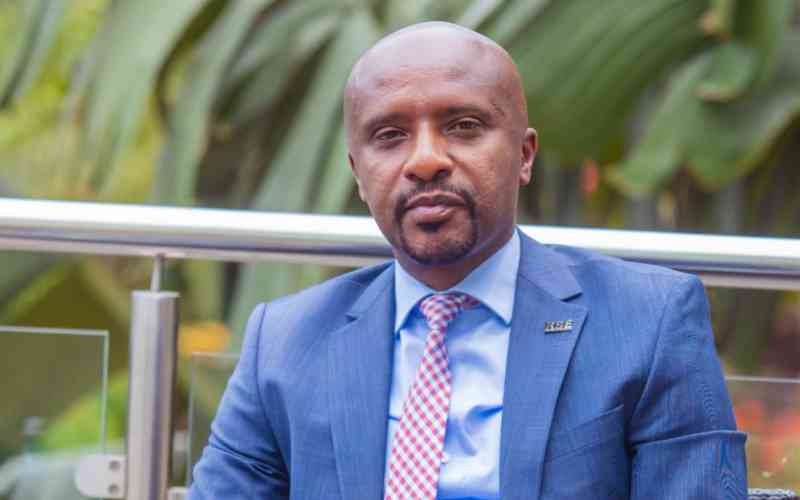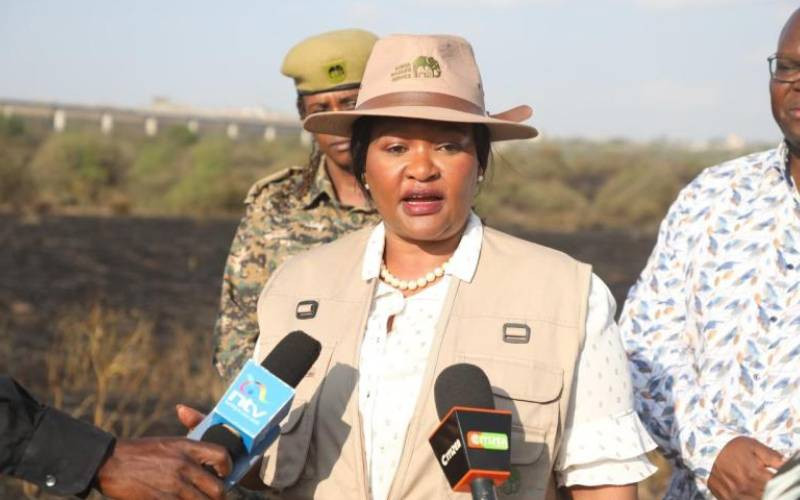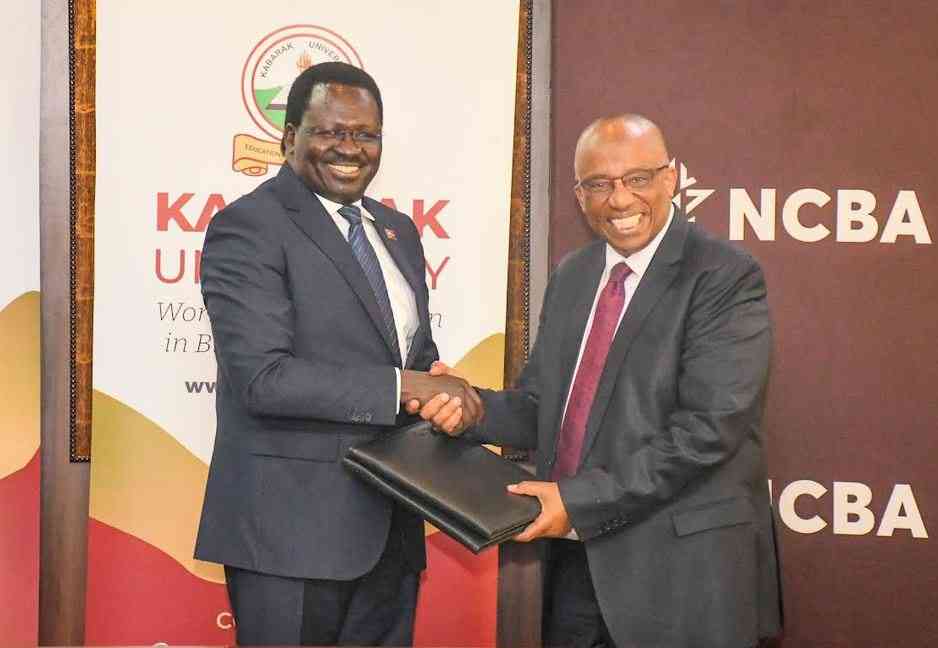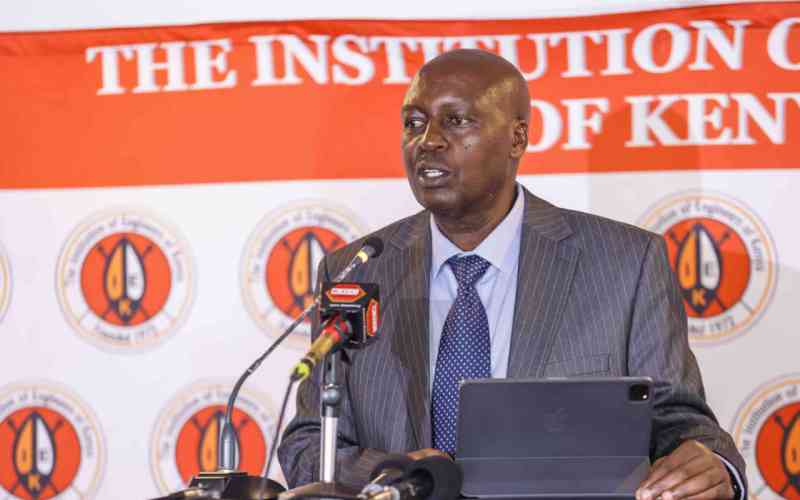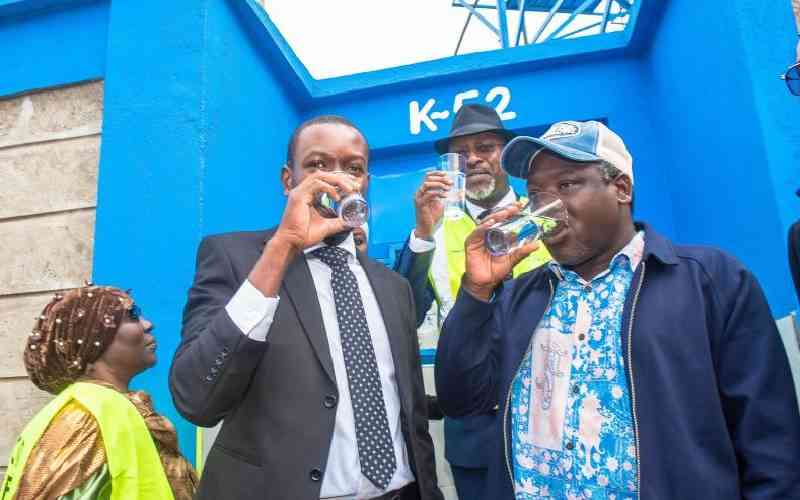
This week, I had the privilege of attending what most of my readers will not be familiar with, but which resonates extremely well in Kenya’s vitongoji duni. This was the SUN elections in Migori County. SUN stands for Shofco Urban Network, Shofco’s community network that boasts at least 1.5 million members, largely low-income, informal settlement dwellers and members of rural peasantry.
I have interacted with Shofco and its energetic and visionary boss, Kennedy Odede, he of the 2025 Mandela Prize fame, for years. Shofco, short for Shining Hope for Communities, started as an NGO in the Kibera slums where Odede was born and grew up. Its mission was to uplift the lives of the forgotten, working with communities to facilitate better education, especially for girls, health and access to water and sanitary infrastructure.
The NGO is now present in 36countriess, transforming communities where government is unable or unwilling to engage. While I always expect energy from Shofco programmes, nothing prepared me for the expression of this energy in Migori. Accompanied by roars of “power to the people”, the excitement of the people for what they had accomplished was electric. When the Constitution speaks of public participation, this is what its framers had in mind.
By paying Sh100 every month, SUN membership entitles one to a “last rites” benefit for deceased relatives amounting to Sh50,000. It also gives a member access to various training opportunities to improve their businesses or enhance their farming, for those in rural areas.
Equally important, it enables a member to participate in Ward, Constituency and County elections through which the leadership of SUN is elected. These elections were in Migori this week. The elections were similar to any national elections, complete with returning officers and observers. The only difference with national elections was that there were no claims of rigging. I left there convinced that the IEBC and others involved in Kenya’s elections could learn something from SUN. I was pleasantly surprised to note that without a requirement for affirmative action for women, the most senior positions were won by women, and the reaction to their win confirmed that they were truly the people’s choice.
The elected leadership, which includes representatives of ethnic and other minorities, consults with the community and designs the projects that communities will focus on. This leadership also becomes the avenue for collaboration with government and non-government agencies in the county as the latter implement development programmes. Emphasis in SUN is on bottom-up decision-making.
Programme priorities and manner of execution are a consultative and consensual process where all views are given prominence. In a world where political leaders have historically “known” everything and brought “empowerment” and “development” to supposedly incapacitated people, government at both levels could borrow a leaf from SUN, particularly on community engagement and ownership.
How critical and impactful SUN is to the county was evidenced by the nature of attendees to a purely people-driven event. The Governor sent his Deputy and his Cabinet to deliver apologies and a message. Local leaders, including MPs and MCA, were present and emphasised their pride in associating with SUN. While SUN is the most basic of Shofco’s community engagement, Shofco has another vibrant people-driven programme that enables members to improve their economic welfare.
This is its Savings and Cooperative Society. Focused on those without formal employment, a constituency that existing Saccos have historically marginalised, Shofco Sacco now boasts over 30,000 members. With an entry fee of only Sh500, its capital base reached Sh1 billion this week. Its “weka tano, kula tano” approach encourages members to save, enabling the Sacco to truly transform the lives of its members and the communities they live in.
In a country where our staple conversation is whining and complaining, a country starved of success stories, it was gratifying to experience SUN in Migori, and to know that this reality is replicated in 36 counties. One can only hope that this vibrant community of social and economic transformers continues to grow and that it, and others like it, become the seed from which a truly transformed Kenya will arise.
The writer is an advocate of the High Court of Kenya.

